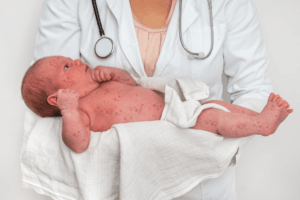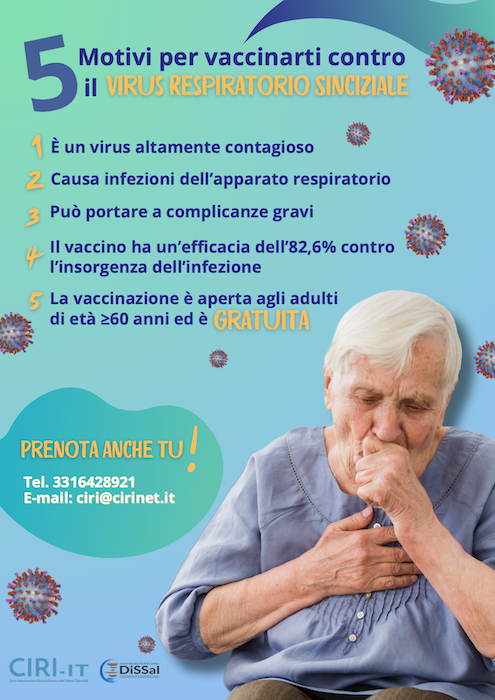Meningococcus is a bacterium known to cause severe infections that may lead to life-threatening illnesses such as meningitis and meningococcal septicemia. This microorganism has been a global public health concern for decades due to its rapid spread within communities and its ability to affect individuals of all ages.
Scientifically referred to as Neisseria meningitidis, meningococcus is a Gram-negative bacterium belonging to the Neisseria genus. The most common disease-causing serogroups are A, B, C, W, and Y. It primarily colonizes the nasopharynx of asymptomatic carriers, but under certain conditions, it can invade the bloodstream or central nervous system, leading to serious infections.
Symptoms
Meningococcal infections can present in various clinical forms. The most common symptoms include: high fever, severe headache, neck stiffness, nausea and vomiting and a characteristic purpuric rash (purple or red spots on the skin).
These infections are associated with high morbidity and mortality, requiring prompt medical intervention to prevent severe complications. The disease may progress rapidly, potentially causing permanent damage or death. Diagnosis is typically confirmed by analyzing blood samples or cerebrospinal fluid to identify the pathogen.
Treatment
Treatment of meningococcal infections is a medical emergency and usually takes place in hospital. Antibiotic therapy is initiated as soon as possible to eliminate the bacterium. Supportive care, including fluid management and intensive care interventions, may be necessary to address complications and stabilize the patient.
Prevention
Meningococcal infections can be effectively prevented through vaccination. Several vaccines are available to protect against different serogroups of Neisseria meningitidis, including A, B, C, W, and Y.
Conjugate vaccines targeting serogroups A, C, W, and Y are widely used and included in national immunization programs in many countries. These vaccines stimulate a robust and long-lasting immune response, significantly lowering the risk of infection and its complications.
Serogroup B has posed greater challenges for vaccine development due to the unique structure of its polysaccharide capsule. However, recent advances have led to the introduction of protein-based vaccines targeting outer membrane proteins of serogroup B, which have demonstrated effective protection.
Routine childhood and adolescent vaccination had led to a significant decrease in the incidence of meningococcal disease in many regions of the world.
In addition, certain individuals may be considered at high risk for meningococcal infection and could benefit from antibiotic chemoprophylaxis. This preventive measure involves administering antibiotics to people who have had close contact with a confirmed case of meningococcal disease.
Continued research is essential to address the microbiological, epidemiological, and vaccine development challenges related to meningococcus. Advancing scientific knowledge and improving vaccine strategies are key to protecting populations and reducing the global burden of meningococcal disease.






